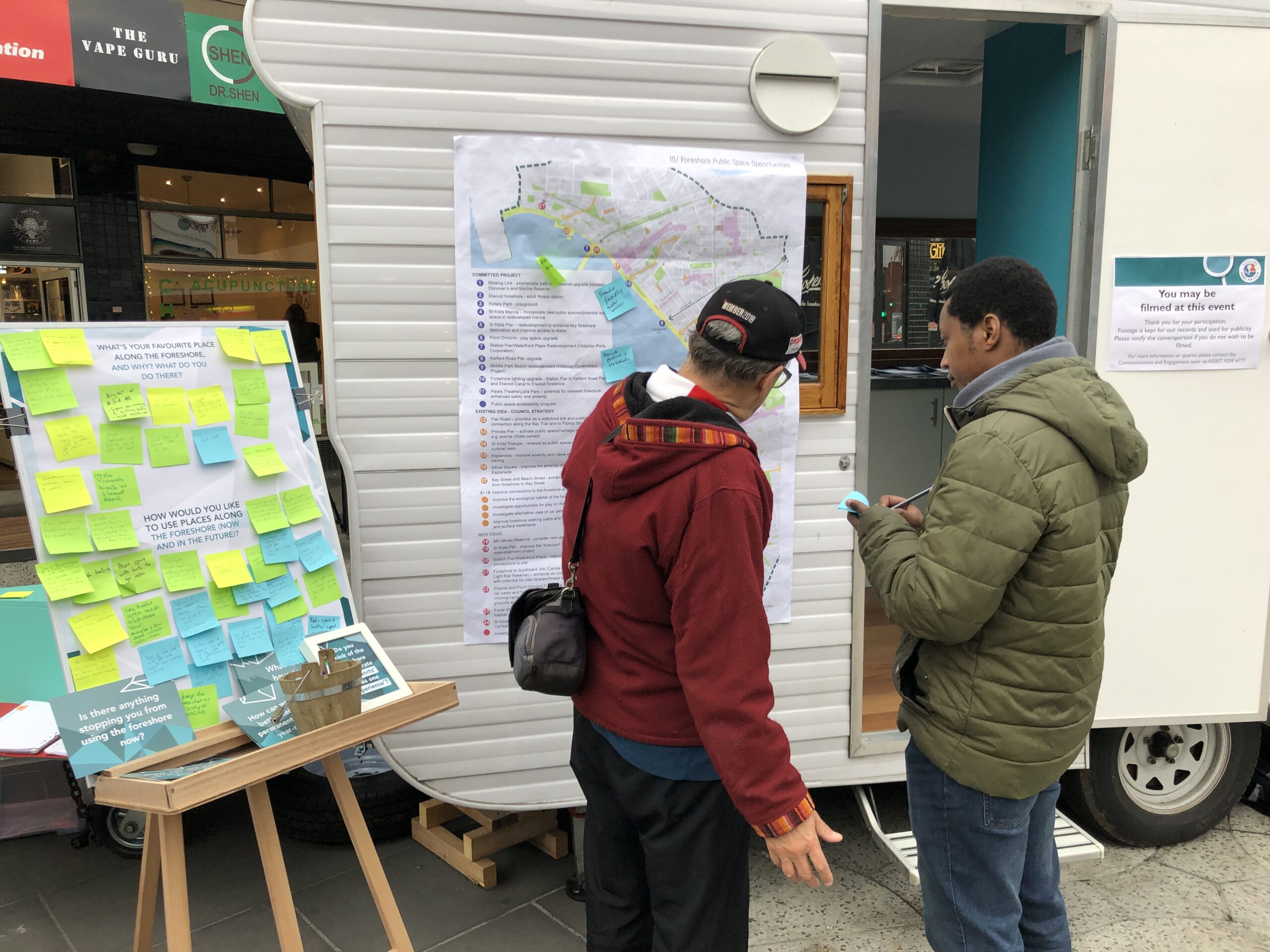When it comes to community engagement as an industry, there’s no doubt that the rising living costs, increases in minimum wage, and inflation in Melbourne can have an impact. However, let’s take a friendly and optimistic perspective on this.
Rising Living Costs
This can put some pressure on community engagement initiatives. As people’s expenses increase, they might have less disposable income to contribute to various community programs and projects. This means that organisations like us (who are involved with the community and in community engagement) might face challenges in securing the necessary funding to support activities. However, it’s important to remember that community engagement is driven by passionate individuals who genuinely care about making a difference. We often find creative ways to adapt and overcome obstacles, seeking alternative funding sources, partnering with other organisations, or engaging in cost-effective strategies.
Some examples of our cost-effective strategies include:
- Creating reusable templates for engagement activities and sourcing the most cost-effective printing solutions by comparing local providers.
- Considering online engagement activities in place of face to face engagement to reduce travel costs, venue hire and catering, while still facilitating effective dialogue and in-depth engagement.
- Brainstorming and developing props in-house, that are able to be reused and reimagined depending on our engagement needs.
- Having a variety of engagement styles available depending on the budget requirements of the project. Where we may be limited, we may suggest intercept surveys as a way of ensuring multiple locations and times of day can be achieved with little time spent packing up or travelling between locations. Intercept surveys are also a great way to catch the community while they are going about their day to day activities.
- Having casual pop-up staff available during times of engagement is a great way to ensure our core staff have the opportunity to complete their work and ensure business operates as usual.
Increase in Minimum Wage
While it can potentially impact the financial resources available to businesses and non-profit organisations, it can also have positive implications for community engagement. When workers earn a higher wage, they generally experience an improved quality of life, and this can lead to increased motivation and participation in community activities. Employees who feel valued and fairly compensated are more likely to contribute their time and resources to support local initiatives. So, a higher minimum wage can indirectly boost community engagement by fostering a sense of empowerment and encouraging individuals to get involved.
Inflation in Melbourne
Inflation means that the general price level is rising, and it affects everyone, including businesses, individuals, and organisations involved in community engagement. While it might make certain resources and services more expensive, it also creates opportunities for innovation and collaboration. Community engagement thrives on adaptability, and when faced with rising costs, people often come together to find creative solutions. They explore more efficient ways of delivering programs, utilise technology to streamline processes, and foster stronger partnerships to share resources and reduce expenses. In this way, inflation can act as a catalyst for innovation within the community engagement industry.
So, while it’s true that living costs increasing, the increase in minimum wage, and inflation in Melbourne can present challenges for community engagement, it’s important to remember that this industry is built on resilience, passion and resourcefulness. People involved in community engagement have a remarkable ability to find innovative solutions and adapt to changing circumstances. With a collaborative spirit and a commitment to making a positive impact, the industry can continue to flourish even in the face of these challenges.


